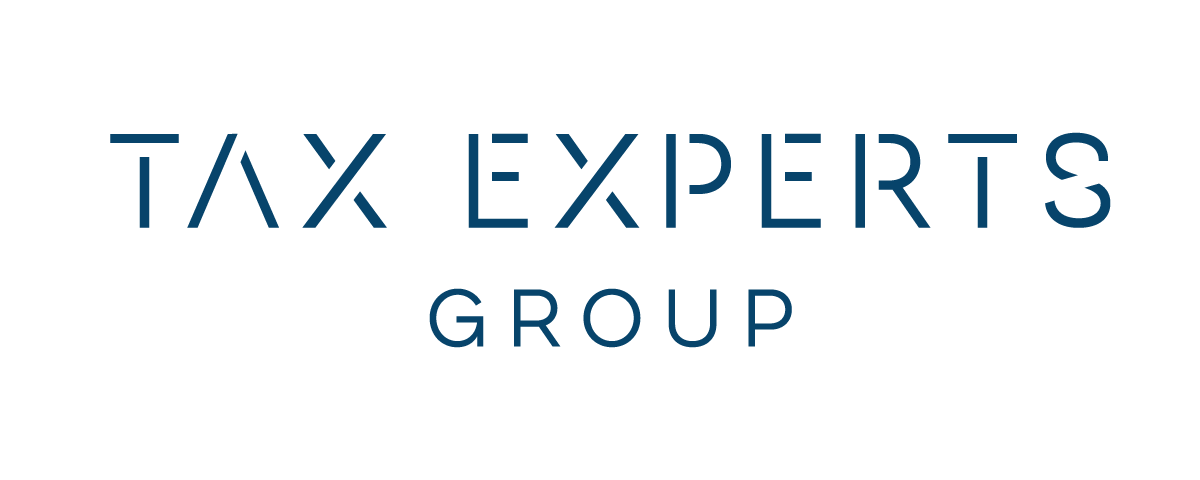The new legislation governing SAs
The L. 4548/2018, which has been effective since January 1st, 2019, provides an updated framework on establishing and operating a Societe Anonyme (Public Limited Companies) in Greece. The scope of this article is to detect and analyze the main requirements introduced by the new legal scheme.
Company name
Until today, the name of an SA had to be formed by the founder’s (or founders’) name or a description of the corporate activities. Under the new framework, the company name can derive from the business website or be unreal.
However, the company name shall be accompanied with the words “Societe Anonyme” or “S.A.”. In case of companies owned by a sole shareholder, the company name must also include the words “Single Member”.
Operation period
Hereinafter, the new Companies Act provides an option for an indefinite operation period. Therefore, the shareholders are not liable to take decisions on a duration extension regularly, if they do not want to. Moreover, if there is no a relevant provision in company’s statutes, the operation period is considered as indefinite.
Share capital
Another significant amendment refers to the minimum initial share capital, which is set at 25,000 Euros (24,000 Euros according to the previous Act). The share capital can be paid up in full or partially by one or more founders of the SA. The initial capital or the capital raise is paid in cash or in kind. In case of capital paid in kind, a detailed description of the assets contributed shall be included in the Articles of Association or in the relevant General Meeting resolution.
Two certified public accountants or valuators shall draft a valuation report so as to determine the market value of the contribution in kind. The professionals engaged in the valuation process must not be associated with the company (Members of the Board of directors, auditors, partners etc.) or relatives of the person who contributes. The valuation report is a public document of the company, disclosed to the Companies’ Registry.
The capital payments shall be carried out within four (4) months but not earlier than fifteen (15) days from the relevant resolution date. The company shall keep a special bank account for receiving capital payments. If a shareholder does not deposit the corresponding amount to this special account, the company shall prove that the payments covered company’s liabilities; otherwise the share capital is not deemed as fully paid-up.
Finally, all public limited companies established before January 1st, 2019, shall proceed with a capital raise until December 31st 2019, in order to meet the minimum capital requirements.
Shares
From the 1st day of 2019, Public Limited Companies are prohibited to issue anonymous shares. If the share capital is divided into anonymous shares, a relevant conversion to registered shares shall take place until January 1st, 2020. If there is no such a provision in the statutes of a company, the Article 184 (of the L. 4548/18) applies.
In addition, the nominal value of each share shall range from 0.04 Euros to 100 Euros. As a result, the previous regulation providing for a minimum nominal value of 0.30 Euros per share ceases to be in force.
Board of Directors
Under the Article 77, the minimum and maximum number of the Board Members is three (3) and fifteen (15) respectively. The General Assembly shall resolve on the exact number of the Board Members, if there is no such a provision in company’s statutes.
The potential of appointing a Sole Director is a significant innovation of the new Act. However, this provision does not apply for medium, large and listed companies.
General Meeting
A shareholder may participate in a General Meeting without physical presence but using any available electronic means. Such shareholders are taken into account to determine the necessary quorum and are entitled to vote in line with the provisions of the Articles of Association.
Moreover, the General Assembly may proceed to a resolution without meeting, upon a suggestion of the Board. The prerequisites for such a decision are as follows:
- The SA is non – listed;
- There is a relevant provision in company’s statutes;
- The agenda does not include subjects of an ordinary meeting;
- All shareholders notified the company their email addresses and
- At least 1/5 of the share capital does not oppose the resolution under that procedure.
Liquidation
A “SA” is dissolved by a court decision upon request of anyone having a legitimate interest. The conditions that have to be met are:
- The initial share capital was not fully paid-up;
- The company does not meet the minimum capital requirements;
- The company has not submitted to the Companies House its annual accounts for two consecutive years.
The competent court provides the company with a reasonable time to lift the grounds for dissolution unless it reasonably considers that such a measure is pointless. This period may range from two (2) to four (4) months.
Concluding remarks
A comprehensive revision of the basic legislation on public limited liability companies (SAs) was a necessity. The newly introduced framework is being in force from January 1st, 2019. Please note that SAs have a different regulatory regime than the limited liabilities companies (Ltd), which remains the same as 2018.
As a result, the established SAs shall take all the necessary actions to comply with the new legislation within the following one or two years, depending on the relevant transitional provisions. It is worth mentioning that the cost to incorporate a company in Registrar is not expected to be affected.
The most important amendments are summarized to the corporate name; the minimum share capital requirements; the abolition of anonymous shares etc. The possibility of appointing a single-member board (sole director) will simplify the corporate procedures for small and family SAs.








